Lots of interesting abstracts and cases were submitted for TCTAP 2023. Below are the accepted ones after a thorough review by our official reviewers. Don’t miss the opportunity to expand your knowledge and interact with authors as well as virtual participants by sharing your opinion in the comment section!
TCTAP C-206
A Light for Elder Valvular Heart Disease
By Po-Hsueh Su
Presenter
Su Po Hsueh
Authors
Po-Hsueh Su1
Affiliation
National Cheng Kung University Hospital, Taiwan1,
View Study Report
TCTAP C-206
STRUCTURAL HEART DISEASE - Valvular Intervention: Mitral or Tricuspid
A Light for Elder Valvular Heart Disease
Po-Hsueh Su1
National Cheng Kung University Hospital, Taiwan1,
Clinical Information
Patient initials or Identifier Number
00141133
Relevant Clinical History and Physical Exam
This is a 67-year-old female patient with underlying disease of severe mitral regurgitation post surgical tissue valve replacement and tricuspid annuloplasty; ventricular tachycardia, post ICD implantation and heart failure reduced ejection fraction. She presented with progressive dyspnea. Physical examination showed severe mitral regurgitation.
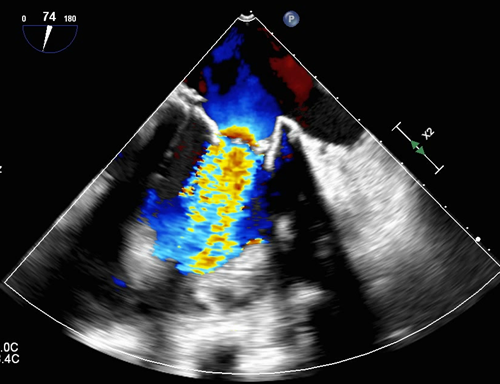
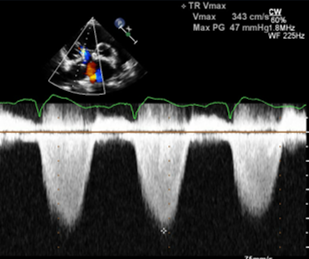
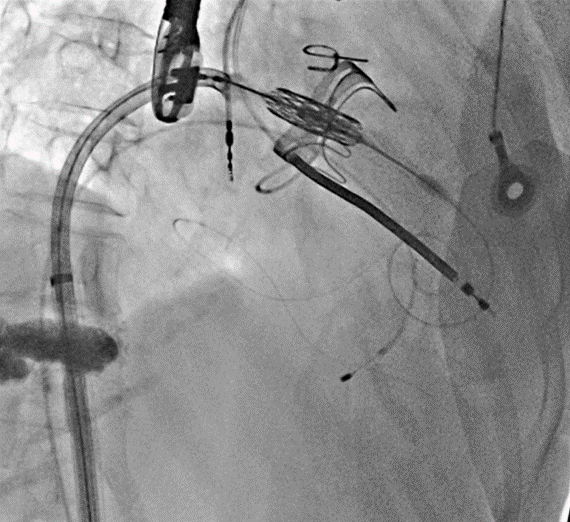



Relevant Test Results Prior to Catheterization
Echocardiography showed severe mitral regurgitation
Relevant Catheterization Findings
Interventional Management
Procedural Step
1) we have right femoral vein vascular access 2) We delivered a 8 french long sheath system to right atrium3) TEE guided puncture at right atrium, which was middle in 30 degree at TEE and 110 degree at bicaval view4) we changed a super stiff wire to left atrium to change sheath system to 12 french5) A VIV device we delivered according to fluoroscopy6) Due to the coaxial was not perpendicular to annulus, it would induced ventricular tachycardia7) We deployed the VIV device without perpendicular axis to the annulus, but the result was well8) The TEE showed no mitral regurgitation
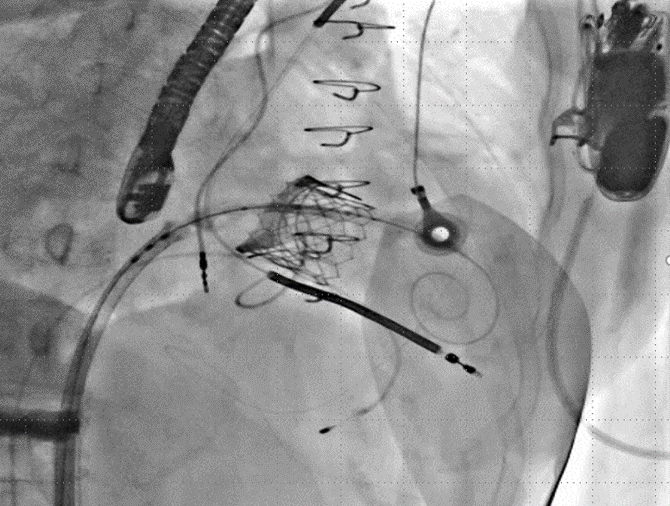
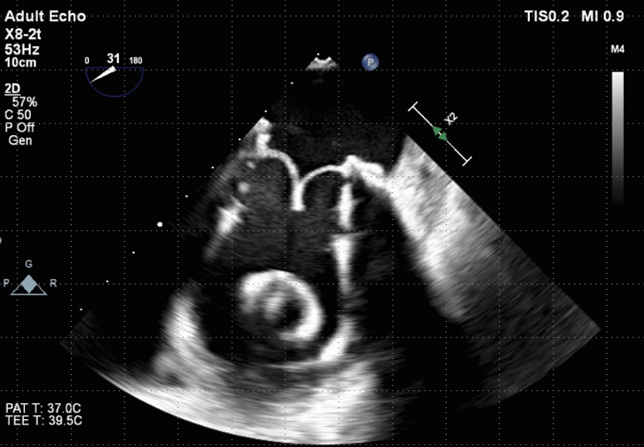
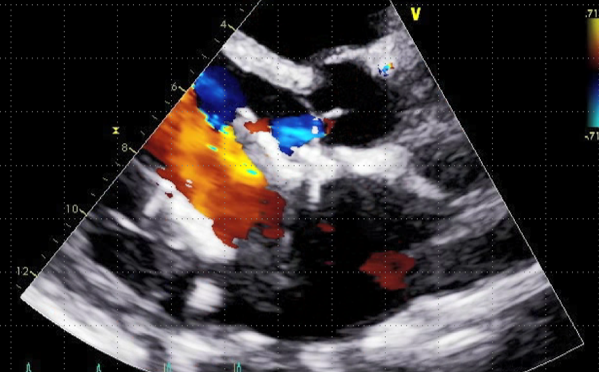



Case Summary
In patient with recurrent severe mitral regurgitation after tissue valve replacement, who was high surgical risk and patient decline surgical intervention. Transcatheter VIV replacement was a alternative choice of treatment.


